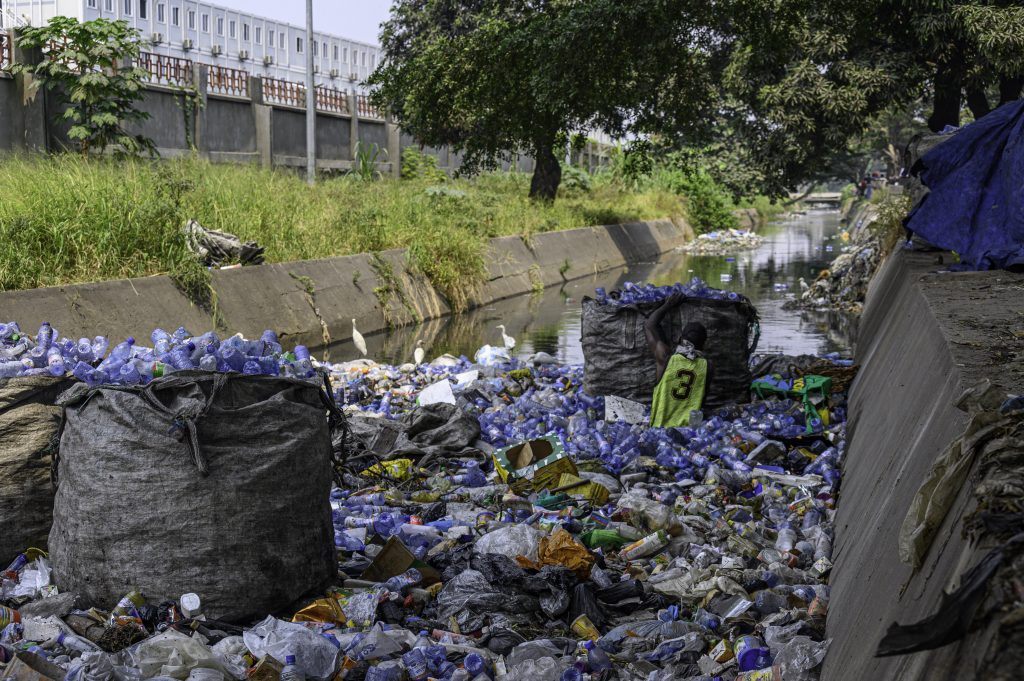The Nigerian Government and environmental stakeholders have taken steps to address the growing challenges of plastic waste pollution in the country.
Speaking at a stakeholders’ meeting on Wednesday in Abuja, the Minister of State for Environment, Dr Iziaq Salako, underscored the environmental concerns regarding plastic waste in the country.
The stakeholder meeting focused on the draft national guidelines for implementing Extended Producer Responsibility (EPR) for plastic packaging in Nigeria.
Salako was represented by Dr. Ahmadu Jibril, Assistant Director of Solid Waste at the Ministry of Environment.
He said the objectives of the Basel Convention to which Nigeria is a signatory, was to protect human health and the environment by establishing appropriate control mechanisms and regulations for hazardous waste generated by the international community among others.
The minister said the convention also aimed to reduce the number of transboundary movements and quantity of hazardous waste to a minimum as well as manage and dispose of these wastes in environmentally sound manner.
“Furthermore, by the amendment of the Convention a few years ago which identified and included plastic waste as hazardous, the transportation of plastic waste from one country to another became prohibited as governments are mandated not only to take steps in ensuring the environmental sound management of plastic waste but to also tackle plastic waste at source.
“The environmental concerns regarding plastic waste can never be over-emphasised,” he said.
Salako stated that in response to its globally commitment, the Nigerian government has implemented measures to combat the threat of plastic trash in the country’s environment.
“This is by way of developing a sector-specific national guidelines for the implementation of the up-coming plastic waste control regulations under the EPR programme.
“The primary purpose of this draft national guidelines when in force, is to provide far-reaching guidelines that will serve as a road map to all stakeholders in the plastic packaging value chain for the effective implementation of the EPR programme, as well as clearly defining the various obligations of all sector stakeholders in Nigeria,” he said.
In his remarks, Dr. Innocent Barikor, Director – General, National Environmental Standards and Regulations Enforcement Agency (NESRA), said the proliferation of plastic packaging had led to significant environmental degradation.
He said it had also affected the ecosystems, wildlife, and ultimately, human health.
“The need for a robust and effective waste management system has never been more urgent.
“The EPR programme is designed to shift the responsibility of waste management from local authorities and taxpayers to the producers of plastic packaging.
“Together, we can address plastic pollution challenges, share best practices and develop innovative solutions to enhance the effectiveness of the EPR programme for the (plastic) packaging.”
In his goodwill message, Mr Yomi Banjo, representative of the United Nations Industrial Development Organisation (UNIDO), pledged the organisation’s continuous support to the EPR.
“We are supporting the EPR programme because we know it is a good move,” he said.
Also, Agharase Onaghise, Executive Director, Food and Beverage Recycling Alliance, said the draft guidance for the EPR was timely.
Onaghise said it was imperative to have a robust document for plastic packaging in Nigeria in line with the circular economy.

